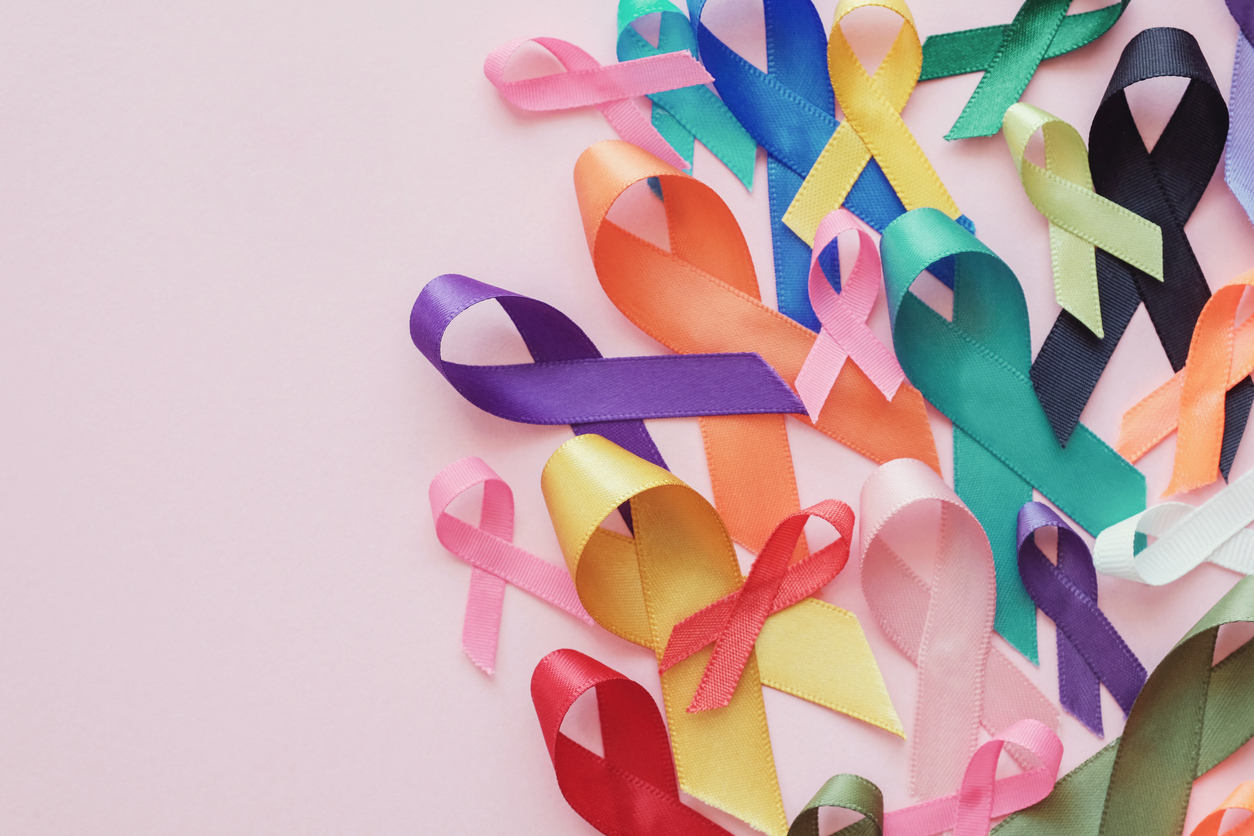In This Episode
18 months on from its first Covid case and Britain appears to finally be on the verge of victory over the pandemic. But while Covid deaths, hospitalisations and cases have all plummeted, the year-long disruption to the wider health service has led to stark predictions of another health emergency – a looming crisis in undiagnosed cancers.
With Cancer Research warning of a ‘devastating’ situation, the urgency of the matter is beginning to make headlines. But just how bad is the problem – and what, if anything, can be done to reduce it? To find out,The Spectator brought together a panel of experts to discuss the situation, and to see whether some of the lessons from the pandemic might also play a role in addressing it.
‘There were probably around 40,000 cancers undiagnosed last year,’ said Professor Gordon Wishart, chief executive of Check4Cancer. This would inevitably have an impact on what he called the UK’s already ‘mediocre’ survival rates (something Cancer Research has previously attributed to a lack of early detection). Delyth Morgan, head of the charity Breast Cancer Now, reported a similar pattern. ‘We estimate that around 1.2million breast screenings did not go ahead during the thick of the pandemic, meaning around 90,000 fewer specialist referrals,’ she said.
With far fewer patients seeing their GP in 2020 (either by choice – staying at home to ‘protect the NHS’ – or otherwise), the number of GP-led referrals was down significantly, likely by around 60%. Making the situation even worse, the NHS had largely suspended its routine screening programmes during lockdown. The end result, Professor Wishart explained, was that cancers are now being picked up later. ‘We’ve got around 7% of patients coming forward with stage four cancer,’ he said. Others are still being missed entirely.
But it wasn’t just screening and diagnosis that suffered during lockdowns. Medical research was also severely deprioritised. ‘In early 2020, 95% of cancer trials had been paused or stopped,’ said Dr Neil Pumford – a strategy lead for the biopharmaceutical company AbbVie. This was having a particular impact on early career researchers, many of whom faced slashed funding.
The end result isn’t just bad news for cancer outcomes in their own right. It could also have devastating consequences for the health system itself, heaping more pressure on an already stretched NHS. ‘There is very little flexibility within the NHS’s cancer workforce,’ said Professor Wishart. It was an issue that, even before the pandemic, had been causing concern. ‘We have a quarter of our breast radiologists set to retire within the next five years,’ added Delyth Morgan.
Addressing the problem will clearly require investment: not just into existing systems, but also looking at how to improve the way those services are delivered in the first place. Diagnosis needs to get cheaper and faster. Professor Wishart cited the example of FTI (faecal Immunochemical tests) for bowel cancer, which could help GPs identify those patients who should be sent for further screening. ‘If you set the threshold suitably low, you can pick out most [bowel] cancers,’ he said.
And what of the specific lessons from the pandemic – which had seen the UK health system deliver not only a world-beating vaccination programme but also spearhead vital research into potential Covid treatments, exceeding even the optimistic expectations in Westminster? Could the events of such an extraordinary year provide any long-lasting lessons for patient care?
Professor Peter Johnson, NHS England’s Clinical Director for Cancer, sounded a cautious note of optimism. There was no doubt that, faced with massive external pressure, the NHS had been forced to innovate its way through the Covid crisis. And while much of this had been done for necessity, there were examples of improved outcomes.
During the height of the epidemic, for example, special surgical hubs had been set up to enable operations to take place away from larger hospitals. Could this provide a more agile model for oncology care in future, allowing patients to be treated closer to home? He suggested an ongoing role, too, for remote consultations. ‘They can help reduce the number of patients who would otherwise be sitting for hours in a waiting room for a short conversation that can be done remotely,’ he said.
For Neil Pumford from AbbVie, there were two clear lessons from the pandemic response. Firstly, the greater emphasis on patient choice – for example, giving more patients the option of accessing their medicines in out-patient settings – and, secondly, the enormous potential of prioritising and turbocharging clinical research.
‘The UK’s work on this front, like its research into dexamethasone as Covid treatment, has been hugely impactful for addressing the global pandemic,’ he said – an example of the government finally living up to its beloved rhetoric of a ‘world-beating’ response. He pointed to the NHS’s active support for clinical research, and the expediting of approval processes for clinical trials, as two vital examples.
The question now, he concluded, was how those learnings could be applied elsewhere to deliver a real impact in other clinical areas – including cancer. Just as the pandemic response had raised the bar of what could be considered possible, the sobering cancer numbers now provided a reminder of the dangers of complacency. The hard work begins now.
Sponsored by Abbvie.






Comments